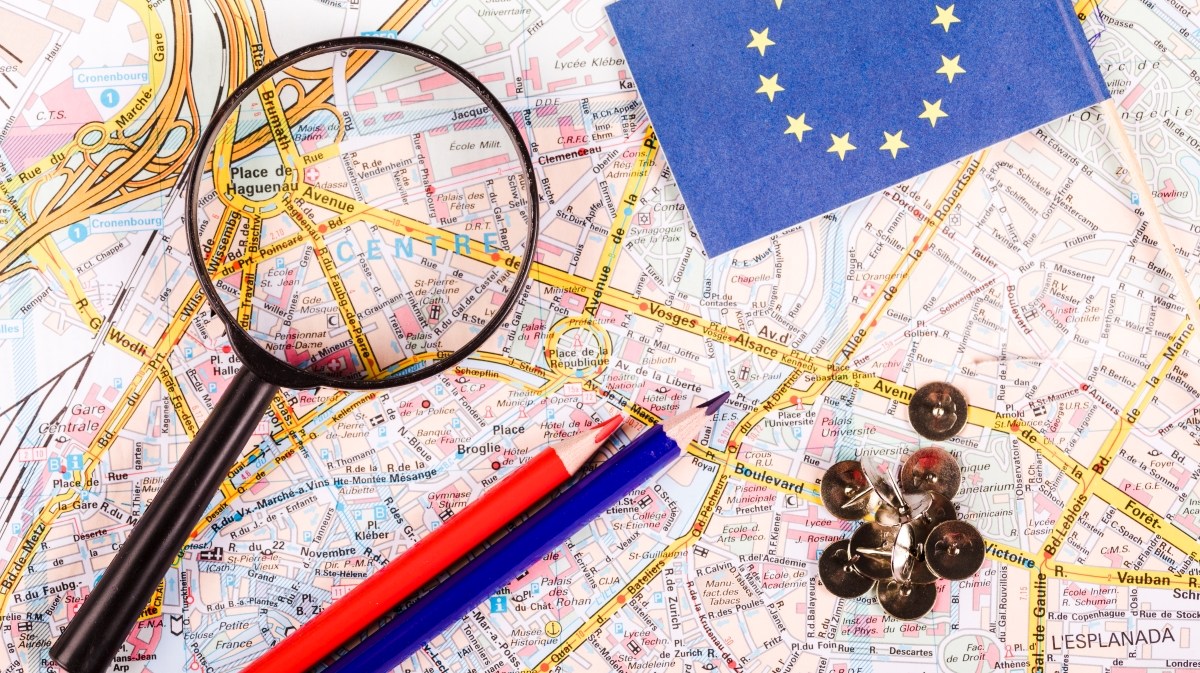Today, technologies with the potential to transform our economies and societies, such as Artificial Intelligence, Internet of Things, Edge computing and the Metaverse, together with the climate challenge and the dual digital and green transition, are rekindling the struggle for control of governance mechanisms.
The internet has become the chessboard of the geostrategic game and the risk of internet fragmentation at some layer is growing. Internet governance has moved from being primarily a technical issue to one of significant international strategic and political importance.
In the framework of the negotiations of the UN Global Digital Compact, the recurring issue of internet governance is once again being raised and possible changes to existing governance mechanisms are on the table. It is therefore worth reflecting on the current state of the problem and the possible ways forward.
A free, secure and reliable Internet for all
Telefónica has been a consistent advocate for a free, secure and reliable Internet for all. Despite progress, the different players in the Digital Ecosystem still have a lot of work to do to find and secure common principles. Telefónica advocates that the multi-stakeholder governance model is the best way to safeguard the global nature and balanced development of the Internet. At the same time, it is clear that both the model and the Internet itself need to improve and evolve.
Evolve the policy models of Global Internet Governance by building on its existing foundations and through involvement of all stakeholders in an open manner and on equal footing
The search for synergies as a method of achieving EU objectives
Due to the increasing diversity of the Internet and its enormous social and economic impact, its governance has become a very complex issue and has become so important that it is now on the international public agenda.
In June 2023, the European Council set out among its conclusions a series of recommendations on digital diplomacy. At that time, with the aim of strengthening strategic autonomy, the EC underlined “the need for stronger, more strategic, coherent and effective EU policy and action in international digital affairs to confirm EU ownership and leadership”.
In order to achieve these objectives, the EU and its Member States must increase synergies between EU policies and actions. Achieving these objectives also involves seeking synergies with policies and actions in science and research, technology, trade, economic security and supply chains.
Strengthening the EU’s role in Global Digital Governance
The Council established that the EU will convey common positions in order to have a greater impact on the UN-led processes that will take place over the next two years and that will shape the way digital issues are handled at international level, in particular the negotiations on the Global Digital Compact.
The aim of close cooperation with the UN Secretary General’s Envoy for Technologywas also highlighted, in particular on human rights issues and the multi-stakeholder model of internet governance, as a paradigm for an open, inclusive and decentralised internet. It is further stipulated that EU contributions to the Global Digital Compact should be systematically complemented by outreach activities to partners in the multi-stakeholder communities.
Thus, for example, the need for coordination is mentioned to ensure that an Internet Governance Forum (IGF) remains the main global platform for digital multi-stakeholder dialogue beyond 2025, also in the context of the negotiations for a Global Digital Compact.
Laying the foundations for common external action on digital issues
Telefónica believes that the EC’s approach is correct and stresses the need to generate a broad consensus in the search for common positions, including civil society, business representative bodies and the scientific and academic community.
Internet Governance must strike the right balance between global and local issues. Existing governance processes such as the IGF have proven successful and have gained in diversity and international reach. Telefónica believes that the multi-stakeholder model is the optimal Internet governance model, although it needs to evolve and improve.
The EU has the opportunity to lay the foundations for a common external action in the digital field, which should be based on its values and principles, building on the regulatory developments that have taken place in European digital markets, with strict respect for human rights and the Level Playing Field as the basis for a balanced and fair Internet development.









